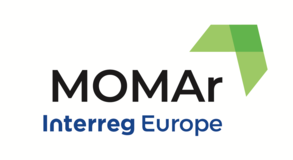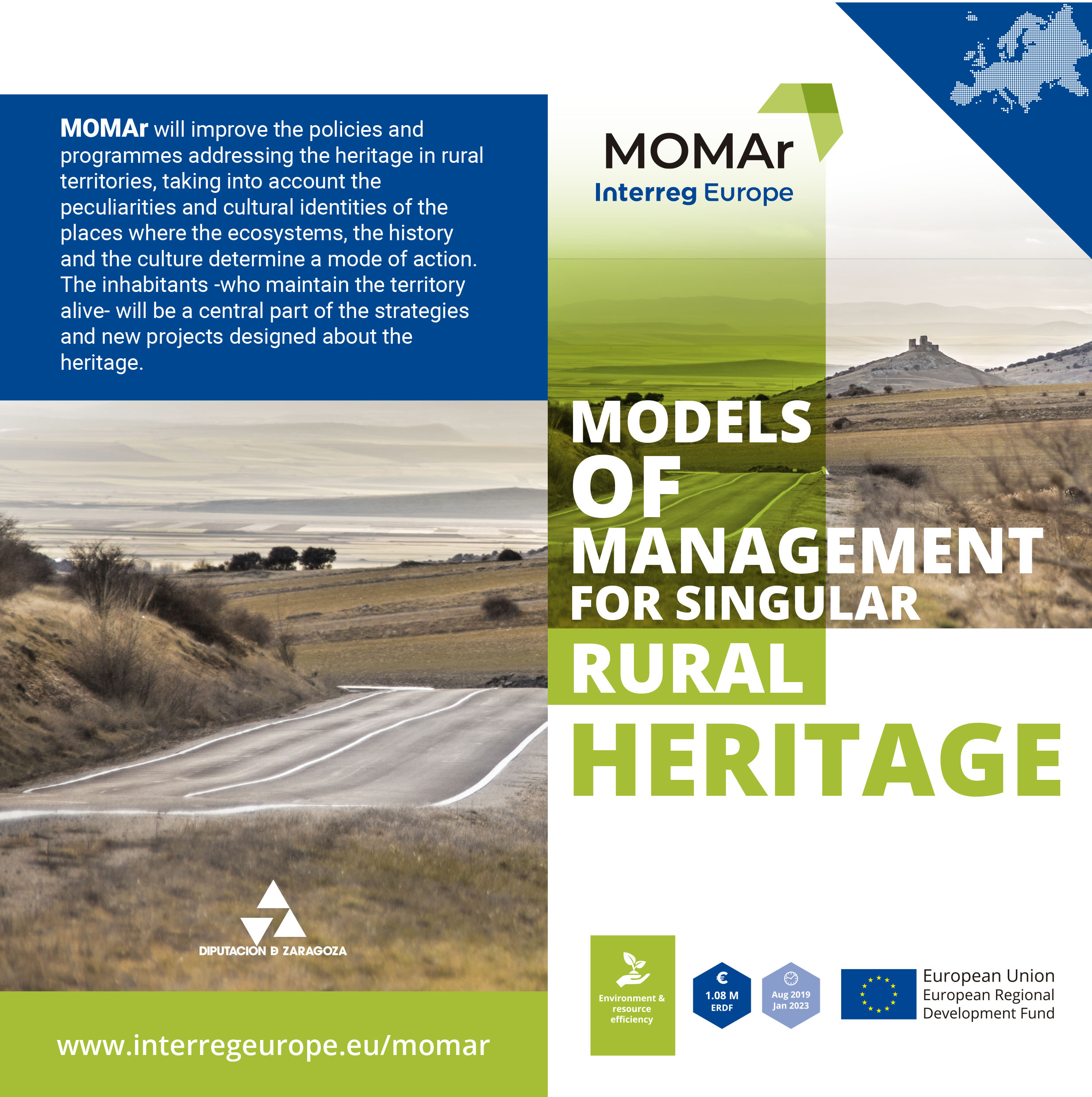Arrived at its end, MOMAr didn't just change how we handle heritage, it also taught us important lessons that influence policies in various regions facing challenges in rural areas.
Changing Policies: Creating Sustainable Communities
In a province like Zaragoza, their heritage management has changed, driven by the lessons they learned from MOMAr. They are focusing on heritage management that makes sense for rural areas. By setting aside funds specifically for "Strategic Heritage Management Plans," they recognise the lasting influence of MOMAr's insights on these regions. The key lesson here is that for rural places, it is vital to work together with everyone involved and honour the area's unique identity. For instance, they have started a Heritage Management Plan for the Salt Heritage, which uses local heritage to develop new types of tourism. This new policy was inspired by looking at good practices from MOMAr. Seeing how an old water mill was transformed in South Bohemia or how Mehedinti County used innovative ideas like the Speoconcert boosting their natural heritage and the Heritage Bus Routes of Saxony Anhalt sparked fresh ideas in Zaragoza. These ideas helped them develop a funding plan for their area's heritage and development needs. The big lesson is that combining different heritage goals and finding ways to connect them can create something exciting.
New Approach: Enhancing Heritage Together
Mehedinti County is spotlighting the potential of international collaboration in enhancing heritage strategies. They are leveraging concepts from different regions, such as restoring Plesa Palace and digitising heritage, to pave the way for progress in areas with limited population. The essence lies in the potency of sharing global knowledge as a formidable means to address challenges in rural settings. Drawing insights from diverse locales, including Corsica and Zaragoza, underscores the transformation of old sites into vibrant cultural hubs. By adapting MOMAr's experiences to their context, they formulate strategies to preserve heritage while fostering local growth.
Evolving Strategies: Working Together for Heritage
In Groningen, the creation of the Heritage Lab directly results from MOMAr's influence. This lab serves as a platform for individuals passionate about heritage to collaborate. This collaborative space holds particular significance in regions with smaller populations. The key takeaway is that when individuals pool their ideas and resources, they can enhance heritage management. This lesson is vital for places that leverage their heritage for positive change, even in challenging circumstances. The Heritage Lab's activities align closely with MOMAr's approach, encompassing knowledge sharing and collaborative efforts. These endeavours contribute to problem-solving and overall improvement of the region. The lab draws inspiration from initiatives like Zaragoza's Cultural Heritage Management Rural Labs and Territorio Mudéjar's Field Grants, channelling these ideas into creating fresh heritage projects. This collaborative approach resembles a collective repository of innovative ideas, enriching heritage management.
Innovative Projects: Inspiring Local Change
Examining Saxony-Anhalt's narrative shows the transformative power of international collaboration. An example is the project to construct a bakehouse for a village church, catalysed by MOMAr's influence. The heart of the matter here lies in the diverse perspectives and experiences that contribute to crafting novel approaches tailored to the distinctiveness of rural locales. In Germany, insights from the Netherlands have been harnessed to benefit local communities. Likewise, old mining sites are revitalising in South Bohemia using fresh ideas inspired by MOMAr. Despite project delays, this case exemplifies using digital tools, special events, and education to make historical sites engaging for visitors. This approach aligns with the collaborative ethos of improving the local area by drawing inspiration from various sources.
Growing with Heritage
As we explore these shifts in policy, a lesson becomes evident: Global collaboration in heritage management brings about a dynamic environment of creativity and advancement for rural and less populated regions. The experiences of diverse areas underscore the importance of adapting worldwide perspectives to fit local circumstances, promoting sustainability, and harnessing heritage's full potential. The MOMAr project highlights that heritage isn't confined to history; it is a powerful force for shaping a more promising future that honours traditions while driving growth and prosperity in rural and depopulated communities.












